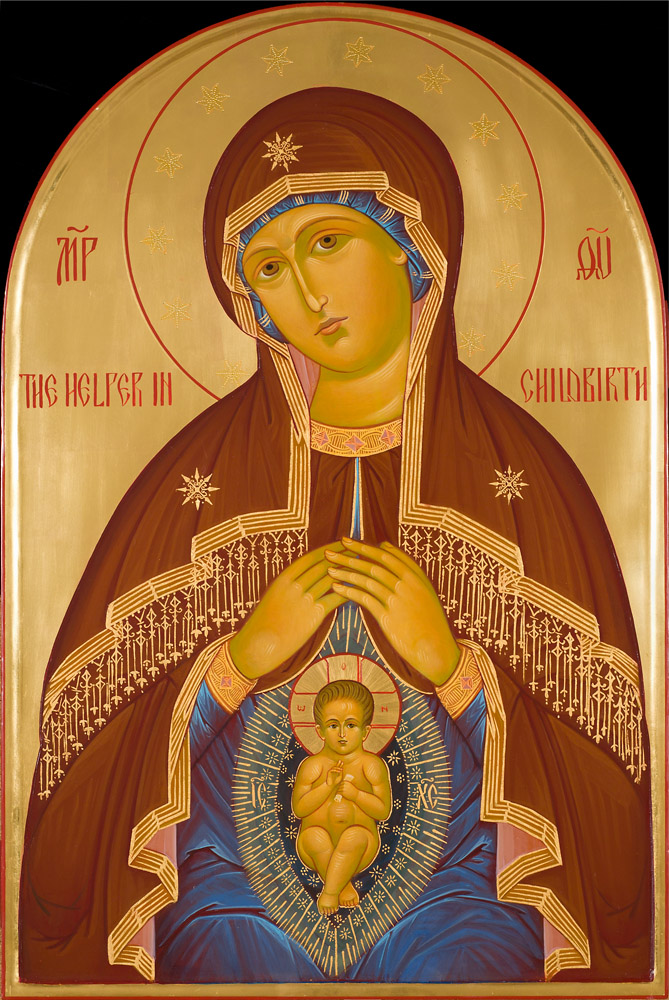
Growth in the Christian life happens as we become increasingly aware, in faith, of Christ’s presence. For someone who is baptised, the core of their being is drenched with Christ, with His Blood, with His Love, with His Holy Spirit. We must be careful not to equate our Christian practices with our Christian life. I do not cease to be a Christian when I stop praying, or when I watch a movie, when I eat, or when I do something foolish or even when I sin. Life in Christ is not determined by good morals or being on one’s best behavior or setting the example for others or being pleased with ourselves. Grace certainly plays an active role in our continued conversion and sanctification – and this transformation requires our cooperation – but grace is primarily about making us more deeply and increasingly aware of the presence of God.
The presence of God is not a good feeling – and it isn’t a bad feeling either. The presence of God is a gently beating heart continually inviting my own heart to beat with it. The ears of faith, inspired by grace, understand that this listening is more urgent and vital than breathing. Jesus understands that for this truth to sink in, the flesh of the Son of Man must endure suffering and death. That is why He compares the suffering united with Himself to labor pains. The joy of seeing a new birth, the birth of unending life, so exceeds the suffering involved in delivery that it is forgotten. Christ allows us to unite our suffering to His so that the joy of victory and deliverance belongs to us more completely. No one can take this joy from us because in Christ we have paid the price for it with Him. WIthout Him we have nothing to offer – in Him, our suffering in the flesh has as much value as His own.1 What we receive in exchange for suffering in union with Him, already in this life by faith, is the joy of seeing Him present in our heart.
Chrysostom:
Here also he implies something mystical, that he has removed the birth pangs of death and caused a new person to be born of them. Furthermore, he not only said that the pain shall pass away but also that “she does not even remember it,” so great is the joy that follows; so also shall it be with the saints. And yet the woman does not rejoice because “a human being has come into the world” but because a child has been born to her. For if the former had been the case, nothing would have hindered the barren woman from rejoicing over another who gives birth to a child.2
Bede:
Just as it is customary to say that a person “is born” when he comes forth from his mother’s womb and emerges into the light here [on earth], so also can someone be perfectly appropriately referred to as “born” when he is released from the bonds of the flesh and raised up to eternal light. Hence church practice has been that the day on which blessed martyrs or confessors of Christ departed from the world we call their birthday, and their solemn festival is not spoken of as their “funeral” but as their “birthday.”3
Cyprian:
What blindness of mind or what foolishness is it to love the world’s afflictions, and punishments and tears, and not rather to rush to the joy that can never be taken away!4
Footnotes
- Col 1:24
- HOMILIES ON THE GOSPEL OF JOHN 79.1. Elowsky, J. C. (Ed.). (2007). John 11–21 (p. 213). Downers Grove, IL: InterVarsity Press.
- HOMILIES ON THE GOSPELS 2.13. Elowsky, J. C. (Ed.). (2007). John 11–21 (p. 213). Downers Grove, IL: InterVarsity Press.
- ON MORTALITY. 5. Elowsky, J. C. (Ed.). (2007). John 11–21 (p. 213). Downers Grove, IL: InterVarsity Press.

